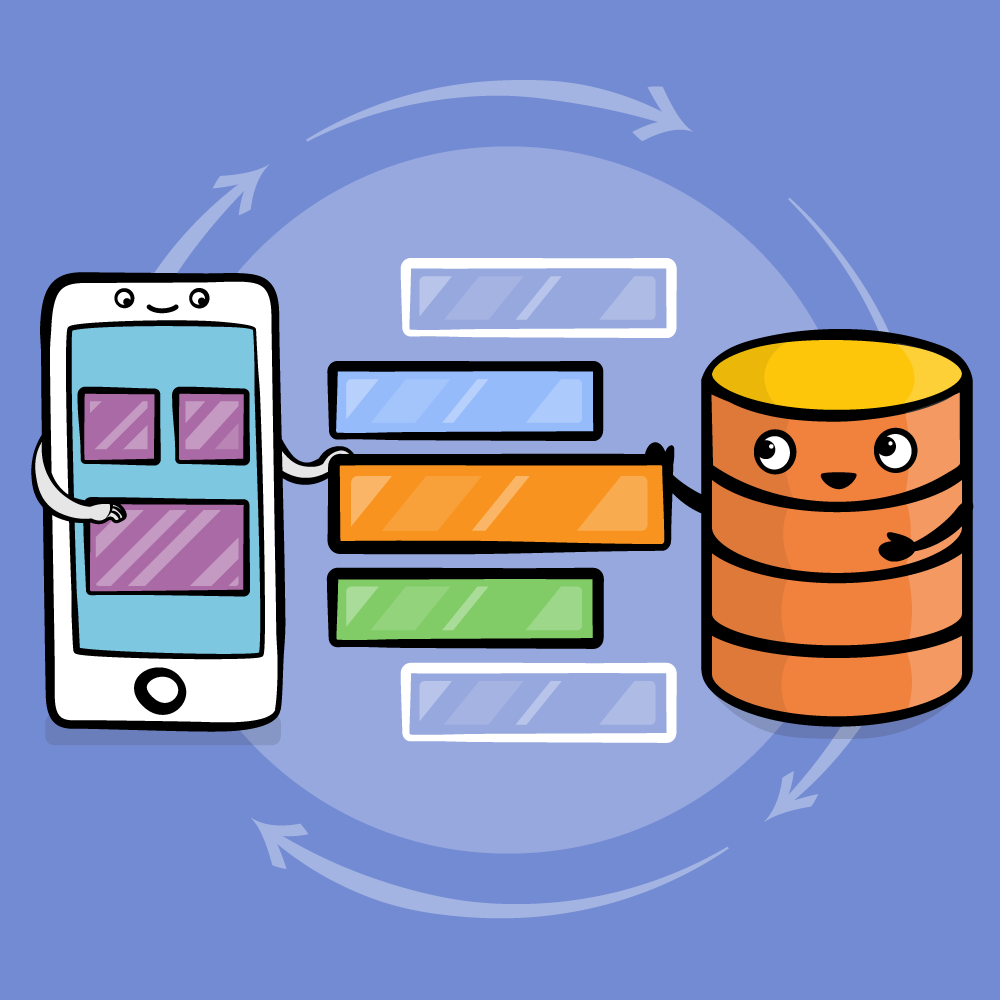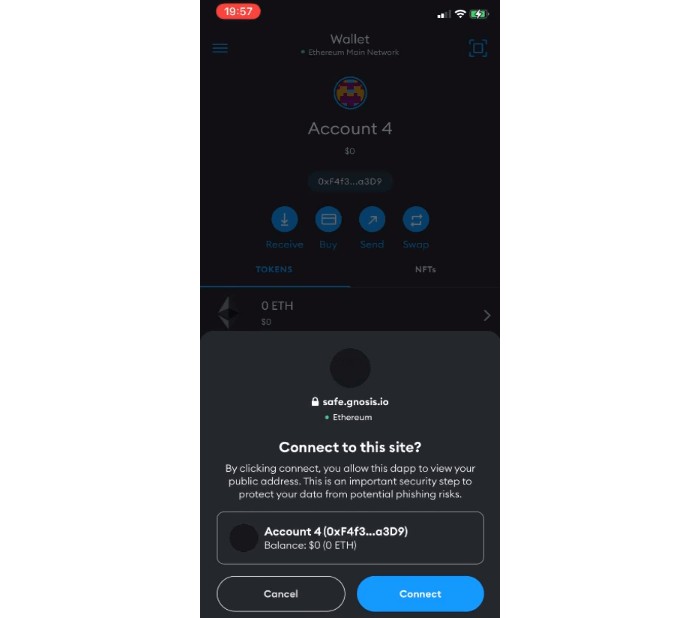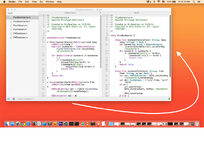


Things have been much better since v1.5 of Go was released.

Pre 1.5īefore 1.5, cross compilation was an arduous process, requiring massive scripts to build separate go compilers for each supported platform. How do you use one system to compile binaries that will work on the other? This is called cross-compiling, and it’s pretty simple with Go.
Code cookbook for swift license windows#
However, many developers use OS X or Windows on their local machine, and another OS like Linux on others. This is great for Unix administrators or DevOps engineers, as they can send their tools with them when they work on remote systems. Since Go is a statically compiled language, it’s well designed for producing tiny, pre-compiled tools. You can define a custom string to be included in every template file managed by the Rackspace cookbooks by defining the custom_template_banner environment variable.How do I compile a binary designed to run on a different platform than my local host? Knife node run_list add nodeN 'role' Custom template banners
for a many node deployment with mysql and keystone on one node, nova core functions and horizon on another, glance on another, rabbitmq on another, and 'N' compute nodes:. for a multi node deployment as above but with 'N' nova compute nodes. for a 2 node deployment of nova, installing all nova controller functions, keystone and glance on node1, and setting node2 up as a compute server:. for an all-in-one deployment of nova, using keystone and glance, on a node called node1:. Then use knife to assign roles to your nodes: NOTE: If you are using Red Hat Enterprise Linux you must use RHEL >= 6 and you must enable the repository rhel-x86_64-server-optional-6Įnsure you have registered, one or more nodes with your chef server. Knife role from file roles/*.rb using the cookbooks Git clone -recursive upload your cookbooks and roles to your chef server( assuming you have already configured your knife client with the credentials of your chef server: clone the parent repository (note the -recursive flag - this will ensure that each of the repositories that the submodules point to is also cloned):. Please see environments/example.json and networking documentation. Network configuration is stored in Chef environment. Descriptions of each of the roles can be found in the readme in the roles directory. There are a number of different chef roles that are included with these cookbooks. CookbooksĮach of the cookbooks in the cookbooks directory is actually a git submodule, linking to an individual git repository where that cookbook is maintained. In order to achieve this flexibility, they make use of the chef search functionality, and therefore require that if you are deploying anything larger than a single node deployment, you use chef server to host your cookbooks rather than using chef solo. The cookbooks have been designed and written in such a way that they can be used to deploy individual service components on any of the nodes in the infrastructure in short they can be used for single node 'all-in-one' installs (for testing), right up to multi/many node production installs. 
User documentation is available in our knowledge center! The rest of this documentation is primarily aimed at developers who want to hack on the cookbooks. This repository contains a collection of chef cookbooks that can be used to deploy, and manage, the suite of OpenStack core projects (nova, glance, keystone, swift, horizon).








 0 kommentar(er)
0 kommentar(er)
